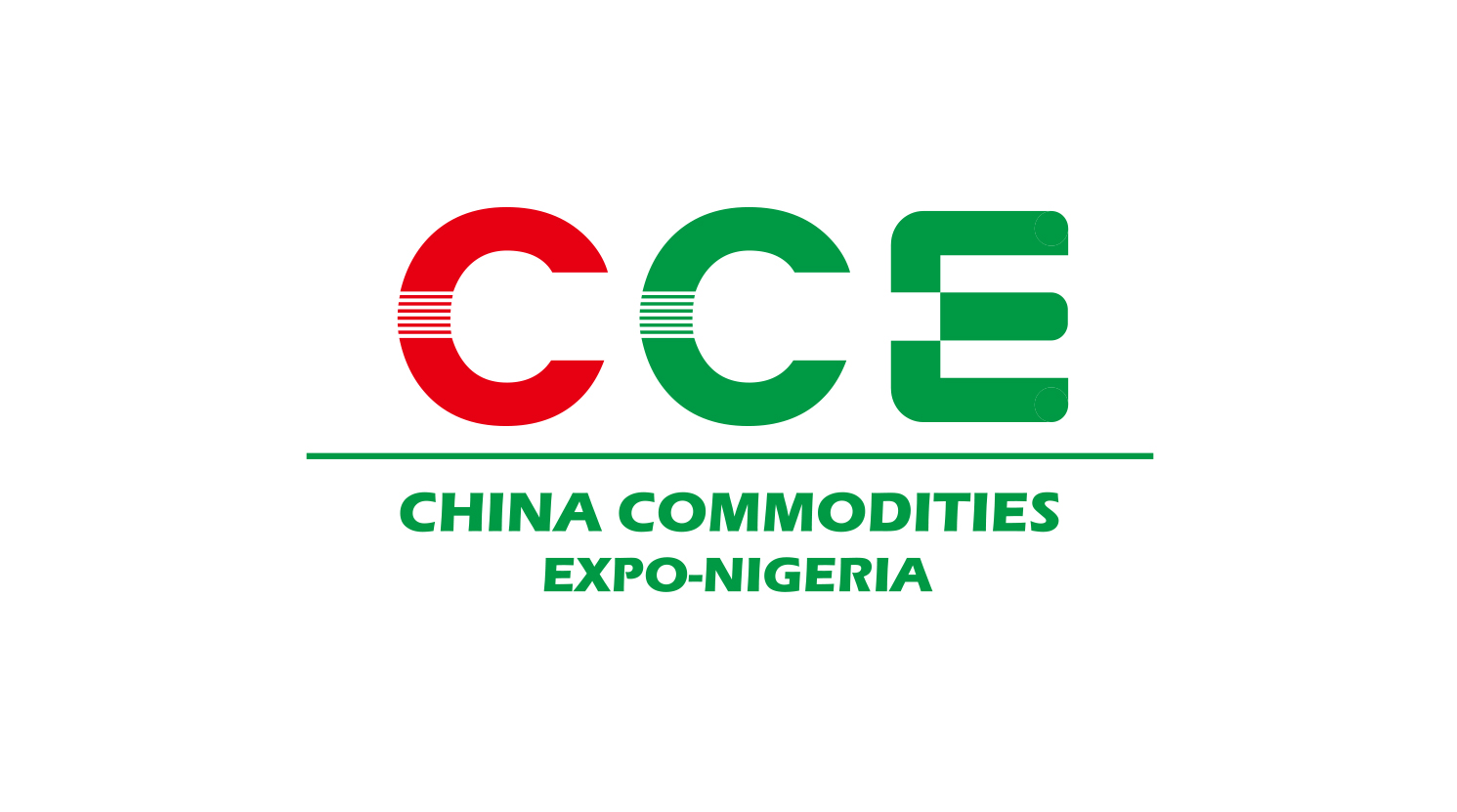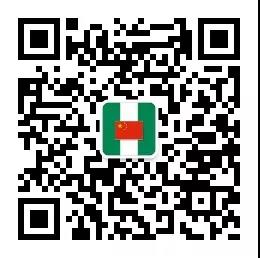Basic Overview of Nigeria
1、 Overview of Nigeria
Nigeria is the most populous country in Africa, with a total population of 198 million, accounting for 18% of Africa's total population. It is also the largest economy in Africa. In 2017, Nigeria's gross domestic product was 68.50 trillion naira (approximately 223.9 billion US dollars at the end of the year official exchange rate). The economic development prospects are good, and the market purchasing power is strong. There are over 250 ethnic groups in Nigeria, with the largest three being the Hausa Fulani tribe in the north, the Yoruba tribe in the southwest, and the Ibo tribe in the east. Mainly believing in Islam and Christianity. Nigeria has 36 states, 1 federal capital district, and 57 cities. In December 1991, the capital moved from Lagos to Abuja, with a population of approximately 3 million and a port city of Lagos with a population of approximately 16 million. The population distribution in Nigeria is uneven, with a larger population in the southern rainforest and northern grassland areas, especially in the southern coastal and delta regions, which account for 20% of the country's land area but account for nearly half of the population. The population in the central region is relatively sparse. The cities with relatively concentrated population distribution are Lagos, Kano, Ibadan, and the capital Abuja. There are approximately 65000 local Chinese, mainly concentrated in cities such as Lagos, Kano, and Abuja.
Nigeria is the largest oil producing and exporting country in Africa and a member of the Organization of the Petroleum Exporting Countries (OPEC). Proved oil reserves rank second in Africa and eleventh in the world; Proved natural gas reserves rank first in Africa and tenth in the world; Out of 76 mineral resources identified, 34 have commercial mining value. Nigeria has abundant resources in agricultural, forestry, and mineral products. The manufacturing industry has a weak foundation, mainly consisting of textile, vehicle assembly, wood processing, cement, beverage, and food processing, mostly concentrated in Lagos and its surrounding areas. However, due to the low level of technology, most industrial products almost rely on imports. Nigeria has a foreign exchange reserve of 47.79 billion US dollars and sufficient payment capacity.
2、 Overview of Lagos
Lagos is the economic capital of Nigeria with a population of 16 million. It is the largest city in Africa and the economic, financial, industrial, and logistics center of Nigeria. It is also the largest port in Nigeria, with 90% of merchants and commercial activities concentrated in Lagos. But responsible for 70-80% of Nigeria's annual import and export goods. Lagos has numerous trading markets, such as the Alaba market, APAPA market, TRAD FAIR market, etc. Traffic congestion in the city is mainly due to Abuja being the political center of Nigeria, located in central Nigeria, with less convenient transportation than Lagos.
Lagos has five major industrial areas: Apapa, Ilupeju, Yaba, Ikeja, and Muxin. There are large-scale oil extraction (palm oil), cocoa processing, textile, daily chemical, sawing and plywood, shipbuilding, vehicle repair, metal tools, papermaking, rubber and other factories.
Lagos has very little infrastructure. Neglecting attention, minimal investment and maintenance, and continuously increasing population have resulted in overall backward infrastructure in Lagos and even Nigeria. Poor road conditions and abnormal power supply have resulted in most companies and households having to purchase diesel generators, and there is also a high demand for local building materials and machinery.


